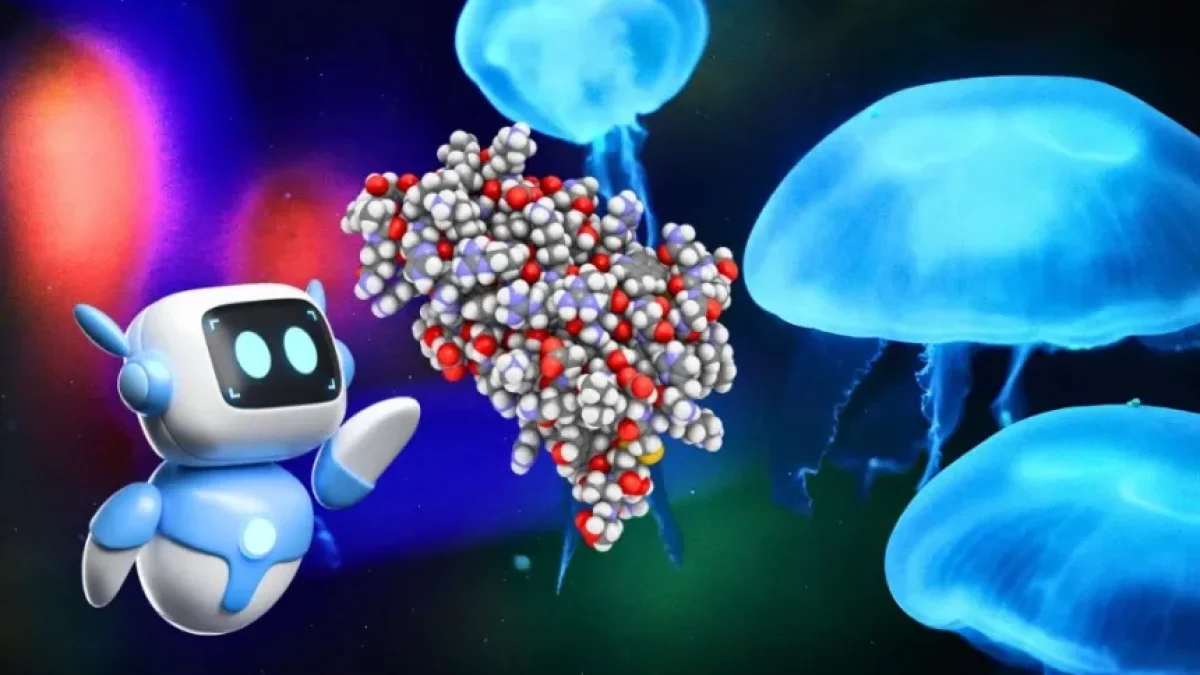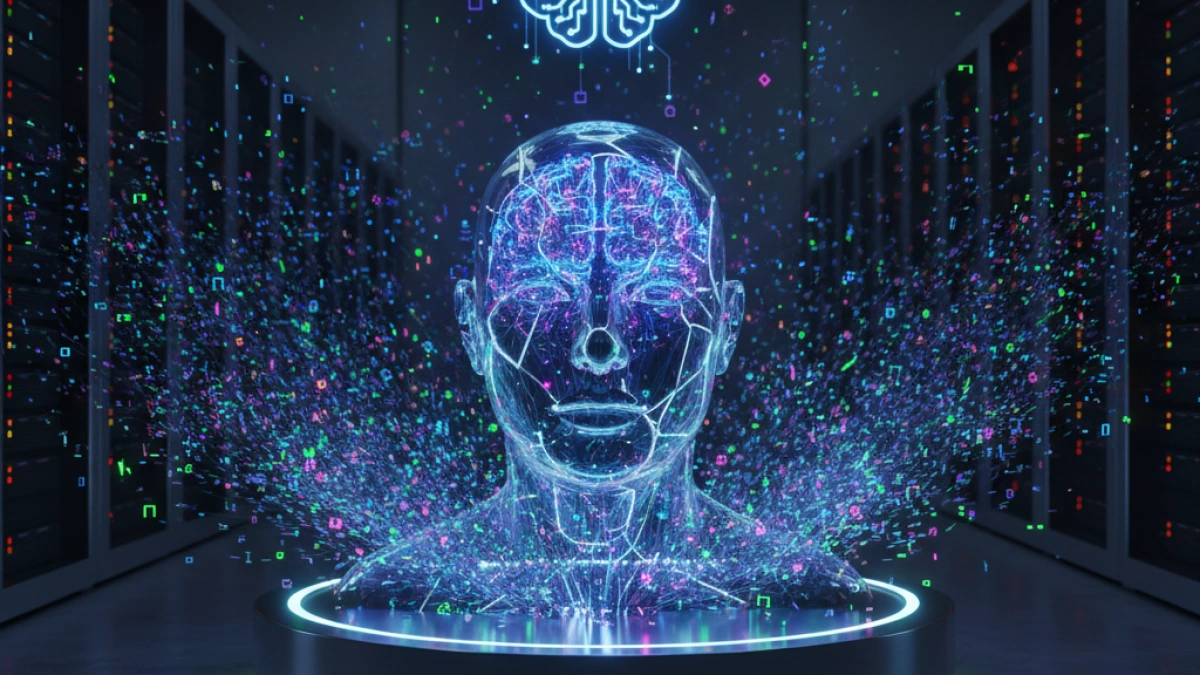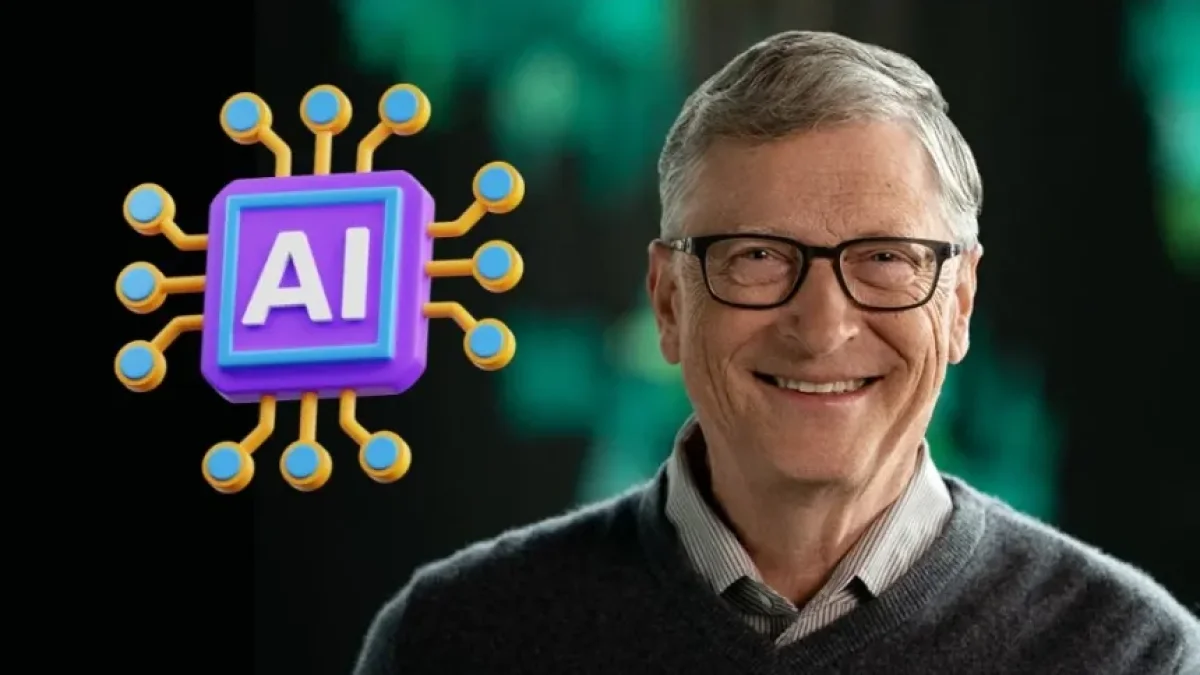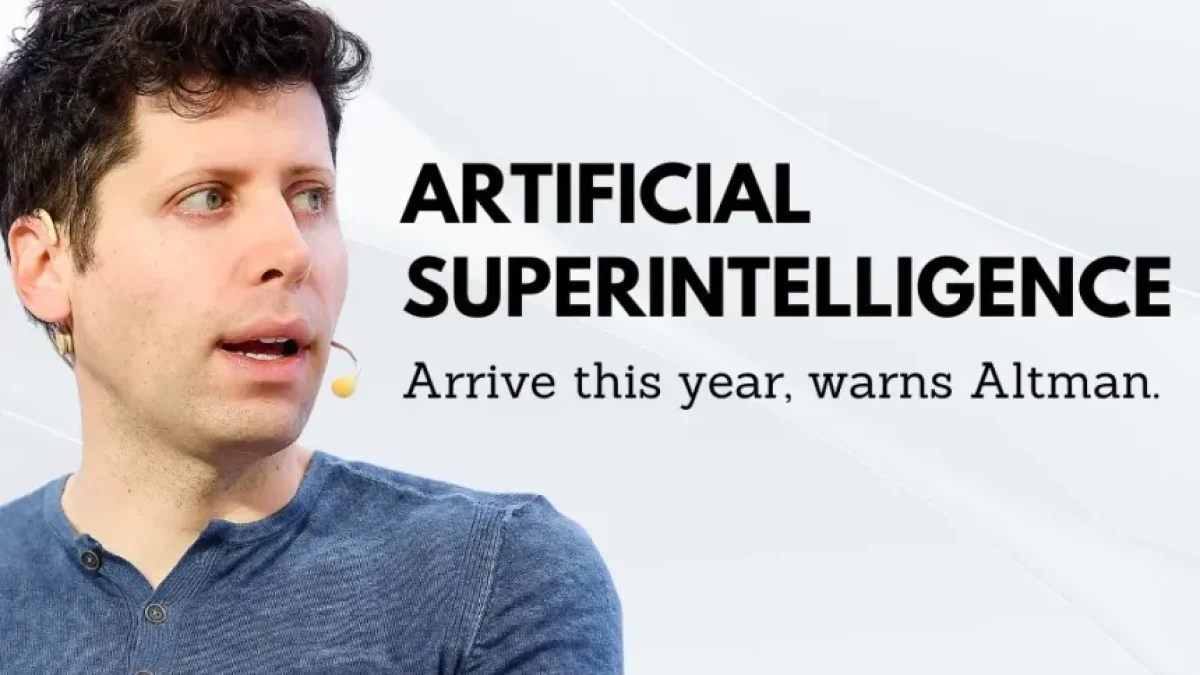AI creates fluorescent protein after 500 million years of evolution.


A team of researchers has successfully synthesized a fluorescent protein using artificial intelligence (AI), a process that simulates 500 million years of natural evolution. This breakthrough promises to revolutionize fields such as biotechnology, medicine, and biological research.
Significant Advances in Biotechnology
The creation of this protein was carried out by a biotechnology company that has been at the forefront of scientific innovation. Through advanced algorithms, researchers fed the AI with large volumes of genetic and structural data from existing proteins. The AI analyzed, predicted, and selected the amino acid combinations most likely to result in an effective fluorescent protein.
With a fast and efficient approach, the AI managed to simulate millions of years of protein evolution compared to traditional methods, which can take years to produce similar results.
Process of Protein Creation
The process began with the creation of computational models representing different protein structures. Through multiple iterations, the AI adjusted and refined the models, selecting those that exhibited optimal characteristics. After identifying the most promising combinations, the researchers synthesized the molecules in the laboratory.
Read also
The result was a new fluorescent protein that can be used as a marker in biological studies and medical applications. These proteins are essential for cell research, as they allow scientists to observe different processes in real-time.
Impact on Scientific Research
This development has a significant impact on scientific research. Fluorescent proteins are essential tools in molecular biology, enabling scientists to study cellular dynamics, understand diseases, and explore new treatments. The ability to create these proteins quickly and efficiently could accelerate discoveries in various areas of science.
The creation of proteins through artificial intelligence also opens the door to new possibilities in the personalization of medical treatments, as proteins could be specifically designed to interact with certain cells or tissues.
Read also
The Future of Artificial Intelligence in Biotechnology
With this advance, a promising future is envisioned for the combination of artificial intelligence and biotechnology. Experts anticipate that AI will continue to play a crucial role in the discovery of new proteins and in designing innovative therapies.
This approach will not only reduce research times but also increase precision in the design of biomolecules, which could radically transform the landscape of medicine and biology.
Conclusion
The creation of a fluorescent protein using artificial intelligence marks a milestone in the history of biotechnology. This advancement illustrates the potential of AI to accelerate innovation in the scientific field, providing new tools and opportunities to solve complex problems.
If you are interested in learning more about scientific and technological advancements, I invite you to read more on my blog. Don’t miss it!



















